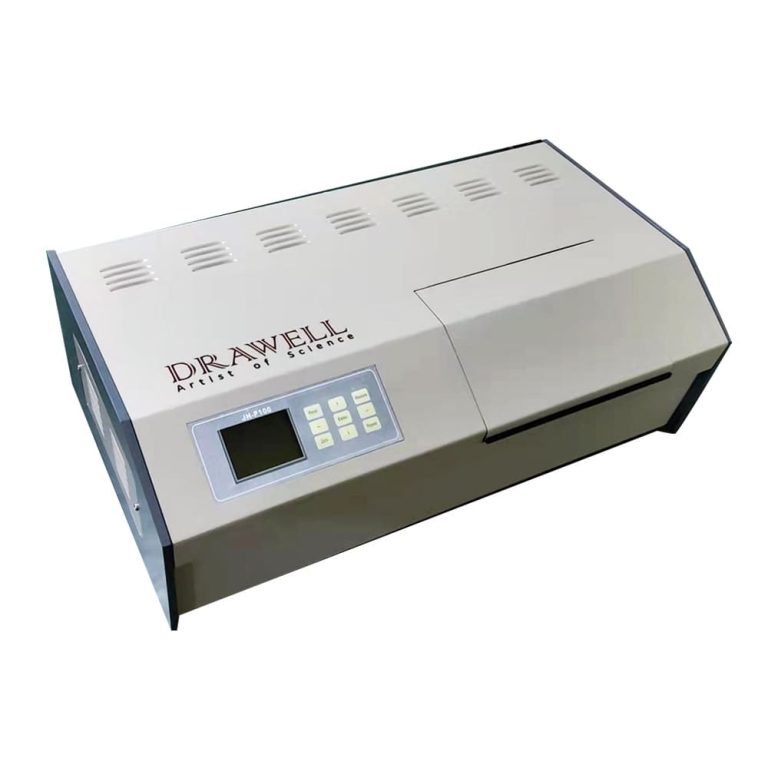Different Types of Polarimeters: Choosing the Right Type
Polarimetry, a valuable analytical technique, measures the optical rotation of polarized light to provide insights into a substance's chemical composition, concentration, and structure. Various types of polarimeters exist, each tailored to specific applications and requirements. This article explores these different types, their significance, and key factors to consider when selecting the most suitable polarimeter.

Types of Polarimeters
Simple Polarimeters: These are basic polarimeters often used in educational settings and introductory experiments. They typically consist of a polarizer, a sample tube, and an analyzer.
Manual Polarimeters: More advanced than simple polarimeters, manual instruments require manual adjustment of the polarizer and analyzer angles for precise measurements.
Automatic Polarimeters: Utilizing advanced technology, these instruments automate the polarizer and analyzer positioning, enhancing accuracy and reducing human error.
Digital Polarimeters: Combining automation with digital data acquisition and processing, digital polarimeters offer quick, consistent results and are ideal for applications requiring precision and repeatability.
In-line and Process Polarimeters: Designed for continuous monitoring in industrial settings, these polarimeters are integrated into production processes for real-time data on substance optical properties.
Multi-Wavelength Polarimeters: For substances exhibiting varying optical rotations at different wavelengths, these polarimeters enable measurements across multiple wavelengths, enhancing analysis specificity.
Ellipsometry: While not a polarimeter per se, ellipsometry measures changes in the polarization state of reflected light, providing complementary information to polarimetric data.

Key Factors for Polarimeter Selection
Application and Purpose: Determine the specific application and goals of using the polarimeter.
Accuracy and Precision: Consider the required level of precision and accuracy for measurements.
Sample Characteristics: Evaluate the nature of the samples to be analyzed, including their optical properties.
Throughput and Speed: Assess the necessary throughput and speed for measurements.
Ease of Use: Consider the user-friendliness of the polarimeter, especially for those with varying levels of expertise.
Data Handling and Analysis: Evaluate the polarimeter's capabilities for data storage, processing, and analysis.
Cost Considerations: Balance the required capabilities with the available budget.
Environmental Conditions: Consider the operating environment of the polarimeter, including temperature, humidity, and other factors.
Calibration and Maintenance: Assess the frequency and ease of calibration and maintenance.
Future Expandability: Consider potential future needs and the polarimeter's ability to accommodate them.
By carefully considering these factors, you can select the most appropriate polarimeter for your specific application and ensure reliable, accurate measurements.
- Art
- Causes
- Crafts
- Dance
- Drinks
- Film
- Fitness
- Food
- Jogos
- Gardening
- Health
- Início
- Literature
- Music
- Networking
- Outro
- Party
- Religion
- Shopping
- Sports
- Theater
- Wellness


